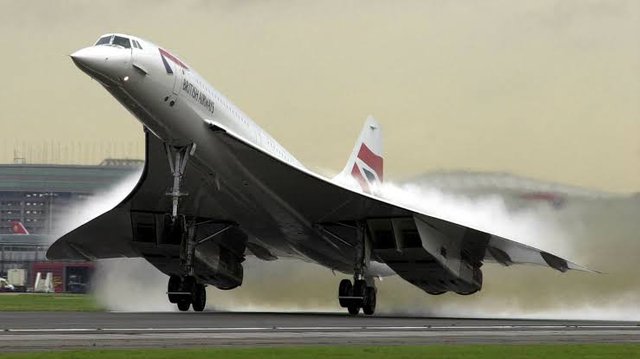Reasons for discontinuation of Concorde operations
Concorde, the supersonic airliner, saw its operations ceased for a number of reasons:
Economic feasibility: Concorde is very expensive to operate. Due to its supersonic speed, it requires a lot of fuel, and ticket prices are correspondingly high. With fuel costs rising and the market for high-end supersonic travel limited, airlines operating Concorde are struggling to turn a profit.
Safety Concerns: The crash of Air France Flight 4590 in July 2000 severely damaged Concorde's reputation. All 109 passengers and crew on board were killed, as were four people on the ground. Investigations revealed that debris on the runway caused the tire to be punctured, setting off a catastrophic chain of events. Despite safety improvements, the incident damaged public confidence in the aircraft.
Environmental concerns: Concorde's high fuel consumption and emissions have become environmental problems. As concerns about climate change grow, pressure is growing to reduce the aviation industry's carbon emissions. Concorde's inefficiency in this regard becomes an important issue.
Aging Fleet: By the early 2000s, the Concorde fleet had aged, making it extremely expensive to maintain and modify to meet modern standards. The cost-benefit analysis of continuing operations became increasingly unfavorable.
Ultimately, a combination of these factors led to the decision to discontinue Concorde's service. The last commercial Concorde aircraft flew on October 24, 2003, marking the end of the era of supersonic aviation.

